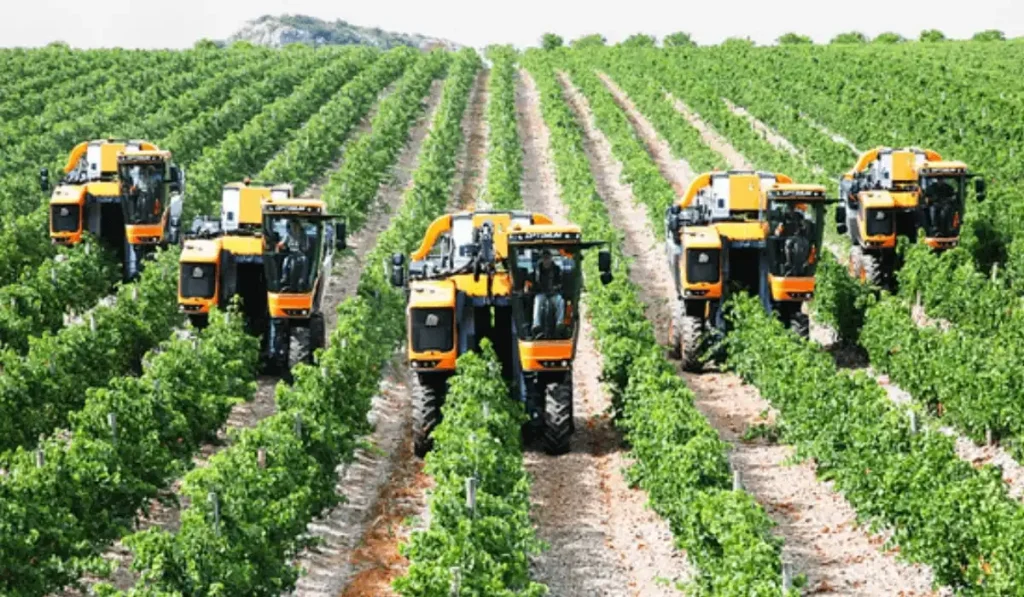Foreign capital inflow into Nigeria’s agriculture sector fell by 37.9% year-on-year (YoY) in the first half of 2022 (H1’22), reflecting the persistent challenges facing the sector, particularly insecurity.
Heightened insecurity across the country has restricted access to farms and displaced farming communities, making investment in agriculture less attractive.
Capital Inflow Data
According to the Foreign Capital Importation report from the National Bureau of Statistics (NBS) for Q2 2022, foreign capital flow to agriculture dropped to $59.17 million in H1’22 from $95.1 million in H1’21. This represents a 37.9% decline.
The sector’s share of total capital inflow also fell to 1.9% in H1’22 from 3.4% in H1’21.
Calls for Government Action
Farmers at the Vanguard Agribusiness Roundtable attributed the slow growth of the sector to insecurity and inadequate funding, urging the government to address these issues to improve productivity and attract more investment.
Chief Adams Olu-Adebayo, Chairman of the Nigeria Association of Small and Medium Enterprises (NASME), stated:
“When this administration came in 2015, one of its promises was to diversify Nigeria’s oil-dominated economy by investing heavily in agriculture and encouraging farming. We are in 2022, we still understand and know where we are.
“The incoming government should focus on security of lives and properties and concentrate on food production by revamping the economy through a Public-Private Partnership.”






